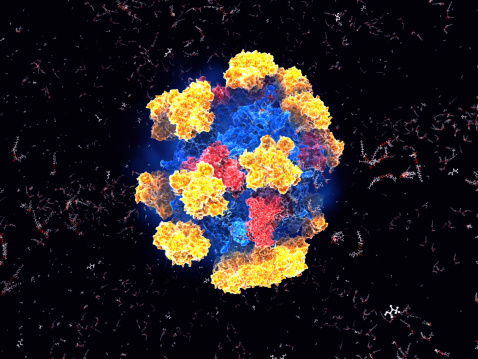
Researchers Discover Inhibiting enzyme common to all mammals shows anti-aging potential
December 5th, 2017Researchers have discovered something new in the mission to extend the lifespan of mammals. Inhibiting a common enzyme found in all mammals, humans included, has been shown to prolong the lifecycle of creatures such as flies and worms. This suggests it could be a promising new mechanism for anti-aging therapies.
RNA Polymerase III (Pol III) is an enzyme known to be vital for cell growth, and is found within almost all cells across all mammals. Researchers from the University College London, the University of Kent and the University of Groningen began examining the enzyme’s involvement in aging after the immune-suppressing drug- rapamycin, known to inhibit pol III, was seen to extend the lifespan of several animals, including mice.
Nazif Alic the study’s co-author stated, ‘Understandably, there’s a lot of hype around drugs that extend lifespan and promote healthy aging but very little is known about how they work, which is fundamental knowledge.’
The next step for the research is to understand more thoroughly how inhibiting Pol III lengthens lifespan in animals, but scientists suggest that this mechanism is a promising target for future anti-aging therapies.
Dr Jennifer Tullet from the University of Kent said, ‘ It is amazing that we can make one genetic adjustment and positively impact on lifespan and intestinal health, understanding more about the underlying molecules at work here promises new strategies for anti-aging therapies.’
Source: http://www.ucl.ac.uk/news/news-articles/1117/301117-worms-and-flies-live-longer








